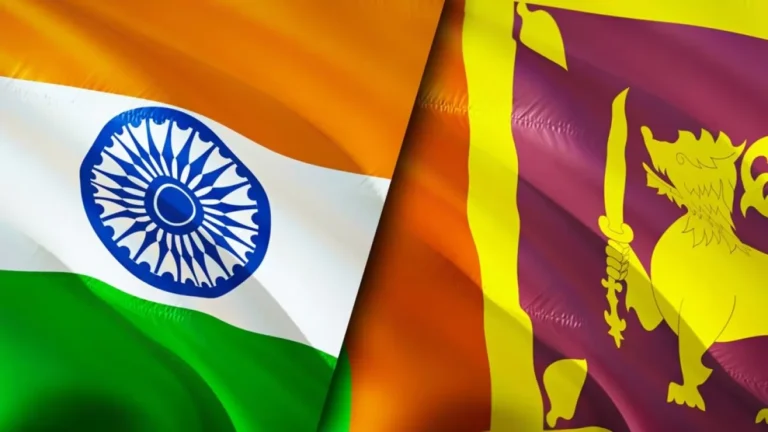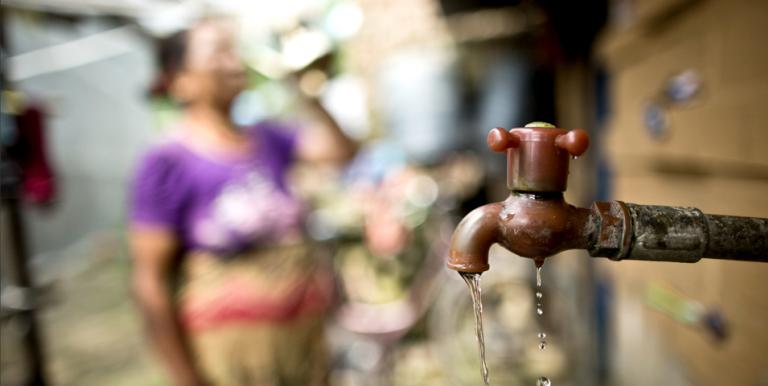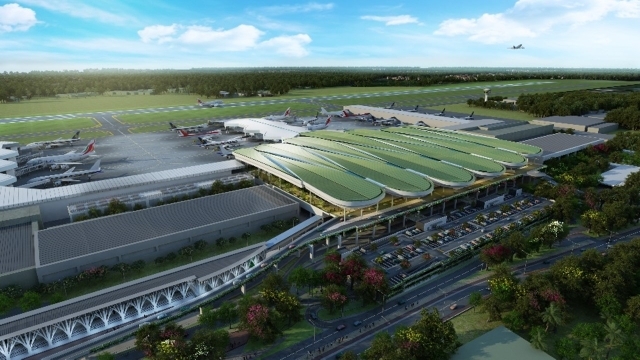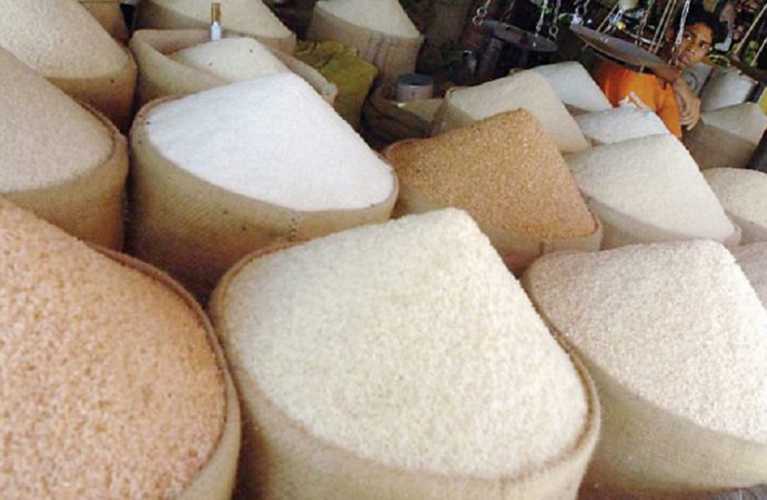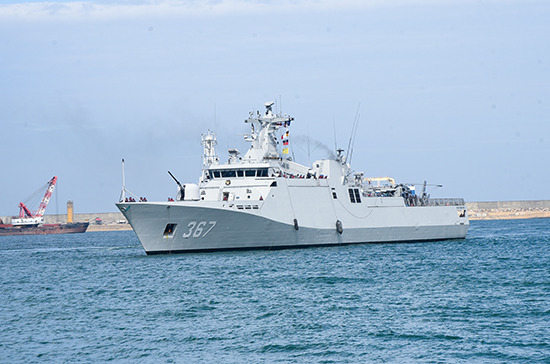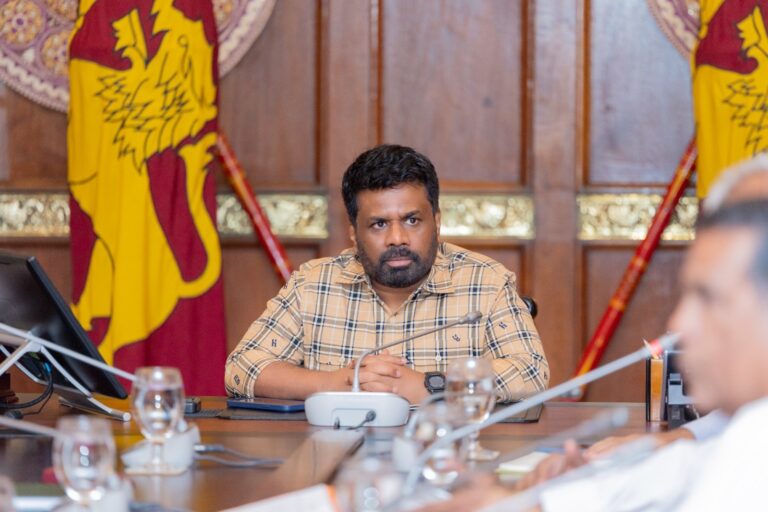By: Staff Writer
December 29, Colombo (LNW): Former Sri Lankan President Ranil Wickremesinghe has highlighted the potential for Sri Lanka’s economic revival by aligning with India’s rapid growth and technological progress.
Speaking at the 7th Atal Bihari Vajpayee Memorial Lecture in New Delhi, Wickremesinghe emphasized that coupling Sri Lanka’s recovery with India’s sustained development could steer the island nation away from the debt-driven model that dominated its economy for two decades.
Wickremesinghe stressed the importance of the recent 2024 joint statement issued during President Anura Kumara Dissanayake’s visit to India. The statement proposes a shift from dependency on excessive borrowing to a collaborative economic strategy with India.
He pointed out that India’s anticipated emergence as the third-largest global economy by 2040, alongside Tamil Nadu’s projected GDP exceeding $1 trillion, presents a critical opportunity for Sri Lanka to integrate regionally and tap into larger markets.
Sri Lanka’s economic collapse in 2022, triggered by unsustainable debts and a balance of payments crisis, led to the country declaring bankruptcy. India extended emergency assistance with loans worth $4 billion, stabilizing the situation until the International Monetary Fund (IMF) bailout.
However, domestic resistance to deeper economic cooperation with India persisted. Wickremesinghe recalled opposition from trade unions and political parties to initiatives like the Trincomalee oil tank farm project. Nonetheless, the pandemic and subsequent economic turmoil softened resistance, paving the way for a political consensus on closer ties with India.
This consensus was evident in 2023 when Sri Lankan parties united to support the India-Sri Lanka economic partnership vision. The National People’s Power party, previously a critic of these linkages, also endorsed the 2024 joint statement during President Dissanayake’s recent visit.
Wickremesinghe noted that Sri Lanka’s reliance on Chinese loans for large-scale infrastructure projects between 2000 and 2021 exacerbated its economic vulnerabilities. Projects like the Hambantota Port, funded with over $1 billion in Chinese loans, were eventually leased to a Chinese company for 99 years in 2017.
Similarly, the Mattala Rajapaksa International Airport, financed by nearly $200 million in Chinese loans, has faced criticism for its inefficiencies.
Efforts to establish a comprehensive economic partnership agreement (CEPA) between India and Sri Lanka date back to 2001 under Atal Bihari Vajpayee’s leadership. Despite progress in forming a joint study group and negotiations during Wickremesinghe’s tenure as Prime Minister, both leaders’ exits from office in 2004 stalled the initiative.
While a Free Trade Agreement has been in place since 2000, a CEPA remains unrealized, despite its potential to deepen economic collaboration.
As Sri Lanka seeks a sustainable growth model, Wickremesinghe’s vision underscores the strategic significance of leveraging India’s economic momentum. This evolving partnership marks a pivotal moment in the bilateral relationship, offering a pathway for Sri Lanka to transition from its debt-ridden past to a more resilient future.


